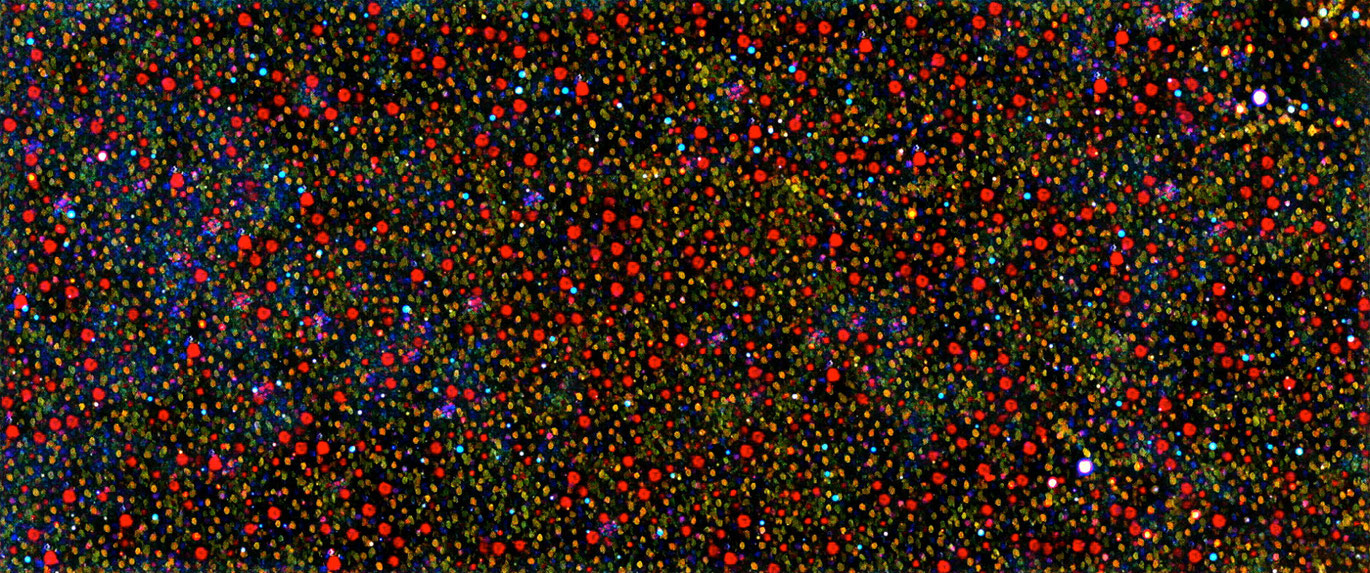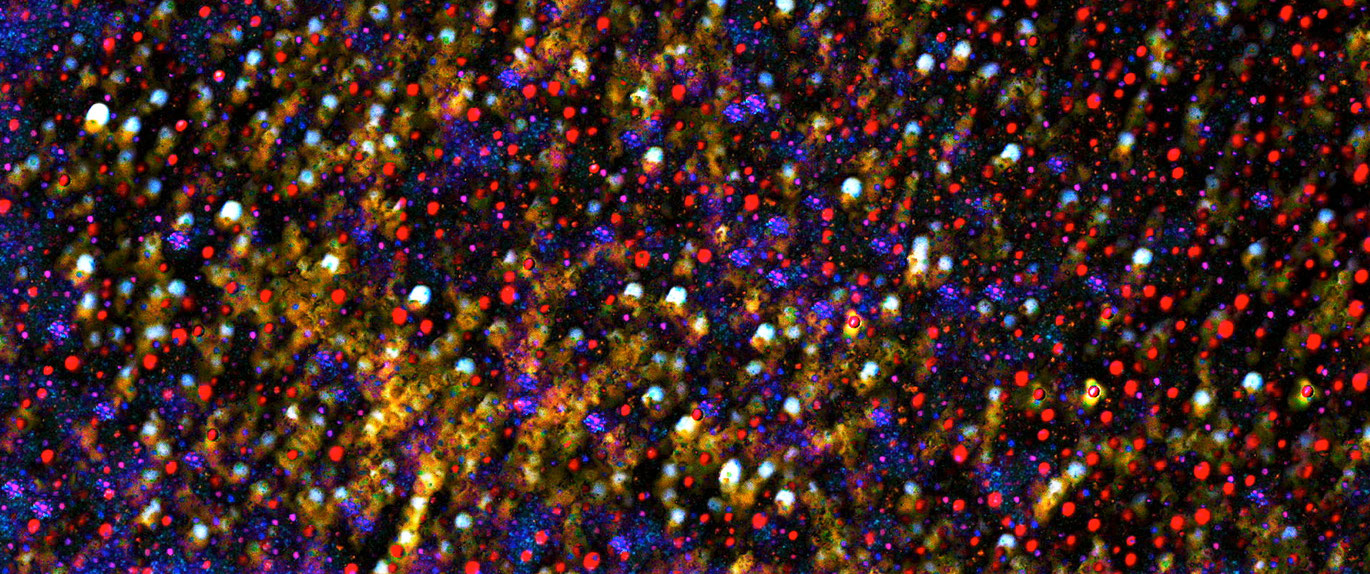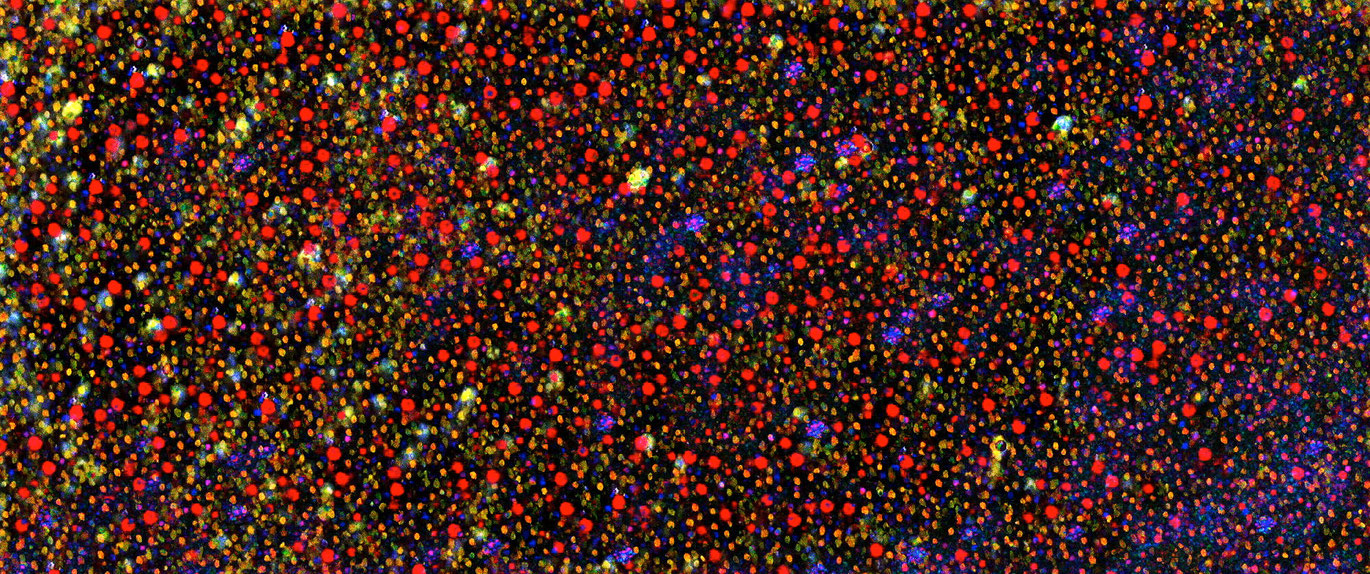There must be some kind of way out of here
The catastrophe is tirelessly repeated in Hollywood cinema. The genre of the disaster movie hints at the collective psyche of the respective historical epochs. The perspective of a postmodern longing for moments of spectacular destruction, which briefly interrupts the dull monotony in late capitalist consumerism, shows how contradictory postmodern pop culture is. The disaster movie is symptomatic for the longing to overturn the status quo as well as the opposite desire to find it instantly restored.
Cinema has defined standards for how real life disasters should be dealt with. When science fiction and horror films illustrated large-scale destruction in the Cold War era, public perception became increasingly determined by fantastic ideas. The special effects since the 1990s have lead to a more realistic representation of destruction. Not only individual ships, planes or buildings are destroyed, but entire cities. In recent years, Hollywood has released a large number of disaster movies that proclaim a politically cheap, pious, ecological message. The end of history is now replaced by the end of nature.
On the one hand, Kohlberger’s film deals with the romantic idea of the apocalypse by exploiting the spectacular images of destruction in the »Cinema of Attractions« with its emphasis on visual effects. The secret pleasure of the catastrophe is above all a symbol of an inadequate reaction, since these films never actually deal with an appropriate social critique, or talk about what really is responsible for the problems depicted on the screen. On the other hand, the renewed establishment of the known order as a happy ending is not fulfilled here. (Rainer Kohlberger)
There must be some kind of way out of here
2020
Germany
13 min



